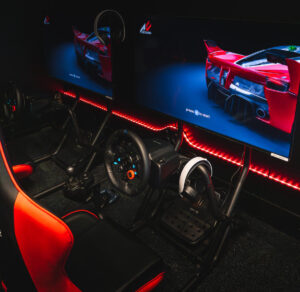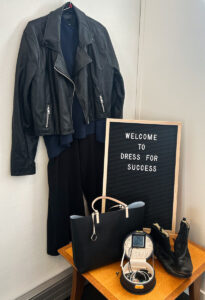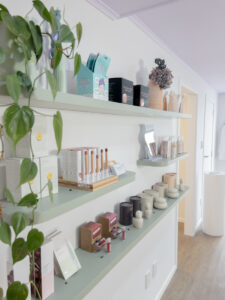Working to live rather than living to work.
Self-taught photographer Richard Linton was a guest speaker this week at Spark.
Professional photographer Richard Linton, a firm believer in working to live rather than living to work, says the Christchurch earthquakes helped restore his focus.
A self-taught photographer Richard was a guest speaker this week at Spark.
The first Christchurch earthquake stopped Richard’s large well-equipped studio in its tracks.
Being more of an optimist than most he said this disaster helped him re-order his priorities in life.
“Before the earthquakes hit I really was living for my work. I’ve always been a believer in working to make a living not making work my entire life. The phone at my studio just simply stopped ringing for six weeks after the first earthquake hit last year, there was just no business and this is what it took for me to see that I was basing my life too much around work. I had just been too busy to notice it.”
Risks and back-up plans were popular discussion points throughout Richard’s seminar. Equipment insurance and paper trails of all work conducted is the best advice Richard could offer.
“Put all your eggs in one basket and watch that basket,” he said. “Always be prepared for the worst case scenario for you and your business. I know of other photographers and acquaintances that did not have equipment insurance when Christchurch was hit so they lost everything. ”
Richard was given his first camera at a very early age but his motivation to become a professional photographer came after he worked for two years in a camera shop – the worse two years of his life.
“I worked in a camera shop for two years before studying, and anyone who has worked in retail will know what I mean. It makes you never want to end up in that place again and this is what encouraged me to study and complete my degree.”
Not only is photography a cut-throat profession but it can also be a very lonely life if you want to make a living out of it, Richard said. A lot of people seem to make the mistake of owning a camera and calling themselves a photographer.
“A lot of photographers are starving. The money is only good if you seriously want to make it and have a system and procedures that work. If you love photography purely to make a pretty picture keep it as your hobby – you have to think of it as a business.”




